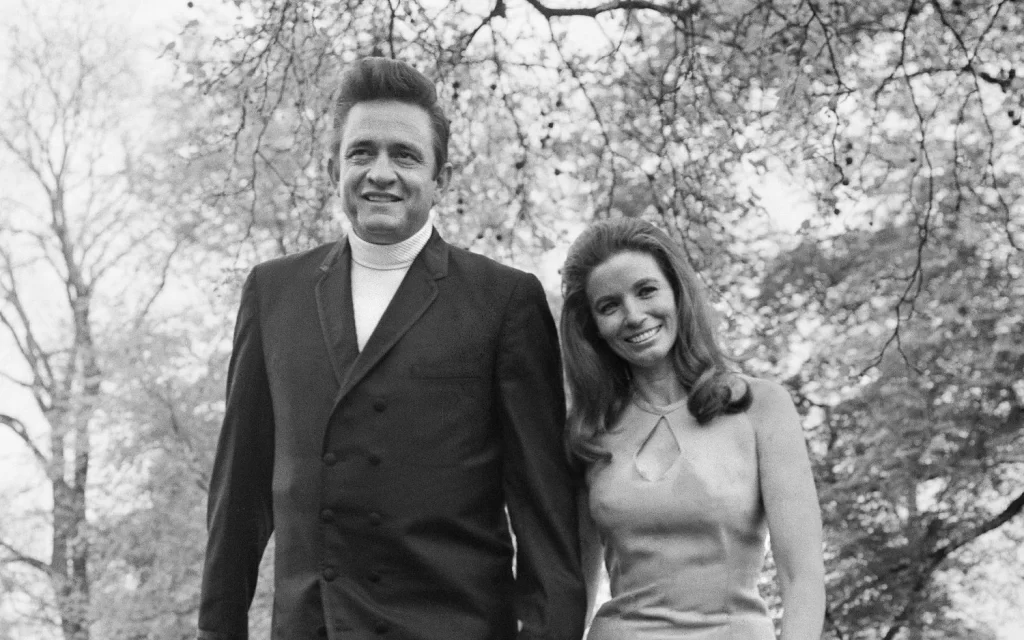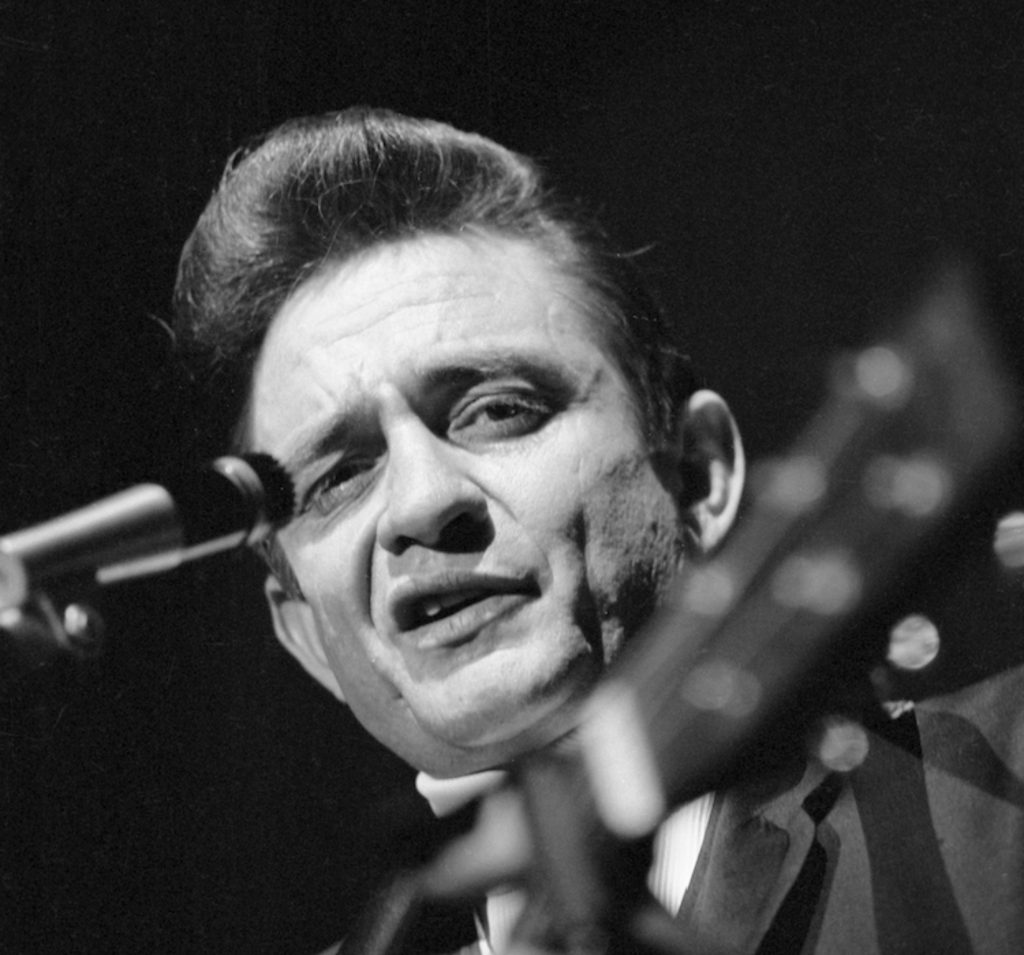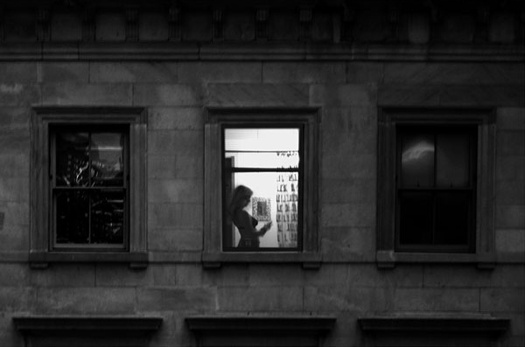Cash was just as at home singing gospel tunes, folk songs, and rock and roll as he was singing country.
Consequently, he has been inducted into the Country Music, Rock and Roll, and Gospel Music Halls Of Fame. Being an inductee into the Folk Americana Roots Hall of Fame is simply the latest recognition of his talent.
The Hall has announced the first induction ceremonies will take place the weekend of April 19 and 20, 2024. His parents could not agree on whether to name him “John” or “Ray” so they compromised and named him J.R. He was easily recognized by his deep, calm, voice that ranged somewhere between bass and baritone. He became known as “The Man In Black” for wearing an all-black wardrobe on stage. He wore it “for all the men in the military, especially for those who are overseas and want to go home.” However, he traditionally began his concerts by introducing himself in a simple manner by saying, “Hello, I’m Johnny Cash.”
He is primarily known as a country artist, but the label is a bit too confining. His music crossed genres. Cash was just as at home singing gospel tunes, folk songs, and rock and roll as he was singing country. Consequently, he has been inducted into the Country Music, Rock and Roll, and Gospel Music Halls Of Fame. Being an inductee into the Folk Americana Roots Hall of Fame is simply the latest recognition of his talent.
That talent was born of the hardscrabble life of cotton farmers in Arkansas during the Great Depression. In “Daddy Sang Bass” – written by Carl Perkins for Cash – he would recount those days and his family as “Just poor people, that’s all we were/ Trying to make a living out of black-land dirt…”
Music was also part of the fabric of his family’s life. There was music in the services of the Pentecostal Church and the work songs of the field hands when Cash was growing up. And there was music at home. Sometimes the music came through the family radio. Sometimes it came via the sing-alongs the family would engage in after a hard day’s work. His mother and a friend taught him the basics of playing guitar and he played on the local radio station while in high school.
J.R. Cash enlisted in the Air Force in 1950 just before the start of the Korean War. The Air Force did not permit initials in place of a first name so he adopted the name John R. Cash. After his discharge from the Air Force, he married his first wife, Vivian Liberto, and moved to Memphis, TN. He had ambitions of being a radio announcer, which he studied for while earning money by selling appliances. He started playing music with Luther Perkins, Marshall Grant, and A.W. “Red” Kernodle.
Cash and the Tennessee Three, as they became known, wrote some songs and landed a weekly 15-minute spot on KWEM. Cash was ambitious and knew Sam Phillips was the man to see if you wanted to get ahead in the Memphis music scene. Despite being rebuffed by Phillips several times, Cash was persistent and finally got an audition. Phillips signed him to a contract with his Sun Records label and changed his name from John Cash to Johnny Cash.
The Tennessee Three became the Tennessee Two when Red Kernodle left the group. As fate would have it, after Kernodle left, Cash, Luther Perkins, and Grant recorded “Cry, Cry, Cry,” “Hey Porter,” and “Folsom Prison Blues.” Those songs were well received and in February 1956, Cash received a royalty check for $6,000 (about $67,000 in today’s dollars). Cash decided he no longer needed to sell appliances.
Later in 1956 Cash had the hit that made him famous. It may be hard to believe today but in the mid-1950s “I Walk The Line” was quite innovative both lyrically and musically. At the time, no one was quite sure what the phrase “I walk the line” meant. Obviously, it was a declaration of fidelity. Yet, it had a deeper meeting. There is a line between temptation and keeping trust. It was Cash’s way of declaring to his then wife, Vivian Liberto, he was being faithful to her despite the many temptations present while being out on tour.
Cash may have been able to resist the temptations that could threaten his marriage, but there was one temptation that soon became too strong to resist. Again, as he told it, “Running all night, you know, in our cars on tour and the doctors got these nice pills that give us energy and keep us awake. So I was taking the pills for a while, and then the pills started taking me.”
The resulting drug addiction led to a serious auto accident, a near fatal overdose, and a divorce from Liberto.
His battle overcoming drug addiction has been well documented. So has his love for June Carter. She was instrumental in helping him overcome his drug addiction and re-embrace his Christian upbringing. By the time Cash and Carter married in 1968, they had been working together on a regular basis.

Cash had written over 400 songs. In addition to the songs mentioned above, his compositions include “Don’t Take Your Guns To Town,” “Five Feet High And Rising,” “Big River,” “Frankie’s Man, Johnny,” and “Tennessee Flat Top Box.”
As prolific a songwriter as he was, Cash was gifted in his ability to interpret and present songs written by others. These include “Ring Of Fire” (June Carter and Merle Kilgore), “Seasons Of My Heart” (Darrell Edwards and George Jones), “A Boy Named Sue” (Shel Siverstein), and “One Piece At A Time” (Wayne Kemp). In 2002, he released a cover of “Hurt” written by Trent Reznor and originally recorded in 1994 by Nine Inch Nails.
Johnny Cash passed away on September 12, 2003 from complications of diabetes. His beloved June Carter passed on May 15, 2003, less than four months earlier.







More Stories
CD review: George Benson – Dreams Do Come True: When George Benson Meets Robert Farnon – 2024: Video, CD cover
The band was tight as ever. The Warren Haynes Band cuts loose: Video, Photos
Interview with Alvin Queen: Feeling Good – I heard these tunes played by … Video, new CD cover, Photos